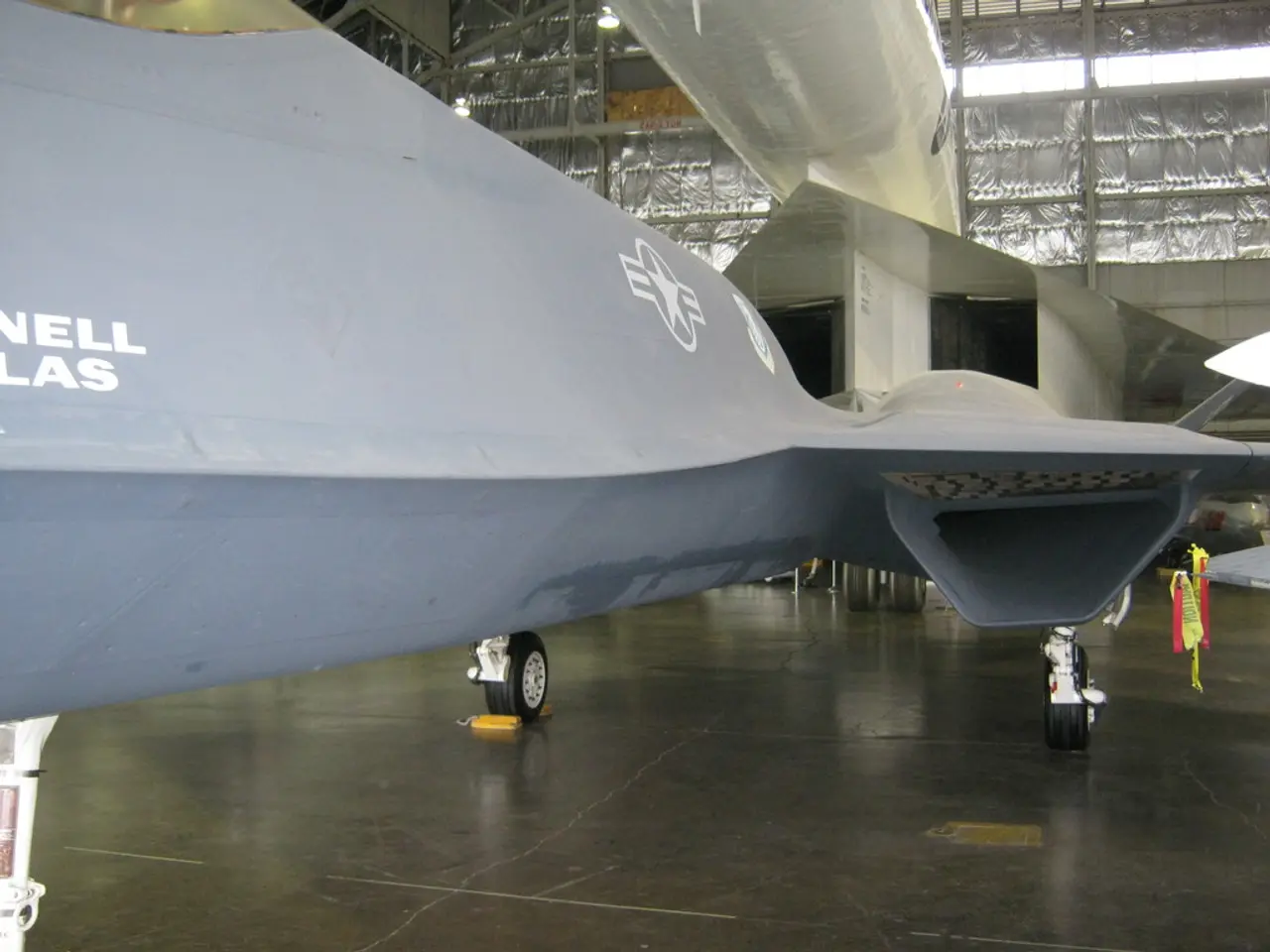Air Canada flight crew plans to go on strike, jeopardizing cargo transportations
Air Canada flight attendants, represented by the Canadian Union of Public Employees (CUPE), have reached a mediated agreement, putting an end to the 72-hour strike notice that was scheduled to start on Saturday, August 19, 2025. The flight attendants immediately returned to work, allowing Air Canada to gradually resume its operations, which had been grounded since August 16 due to the labour disruption.
The airline announced that it would take approximately seven to ten days to fully restore normal flight operations, as aircraft and crew were out of position during the strike. Customers were advised to expect some cancellations during this recovery period and to be patient as the airline stabilizes its schedule.
The grounding of flights during the strike would likely have affected cargo shipments transported on passenger planes (known as belly cargo), as Air Canada's cargo operations are frequently integrated with its passenger flights. The resumption of flight services implies that cargo shipping via Air Canada’s fleet is also being restored incrementally alongside passenger services, easing previous disruptions.
Air Canada operates globally to about 65 countries with a fleet of 259 aircraft, carrying about 130,000 customers a day, including 25,000 who fly internationally. The cargo division of Air Canada will continue to operate its fleet of six Boeing 767-300 freighters, but on a modified schedule.
The last 12 months have seen two strike threats at Air Canada, a month-long strike at Canada Post during the holiday season, mail carriers refusing to work overtime, and DHL Express workers walking off the job for nearly three weeks in June. The government has intervened in the past in rail, port, and airline labor disputes, including a recent dispute between Canada Post and mail carriers.
Air Canada has formally requested that the Canadian government impose arbitration on the parties due to CUPE's rejection of binding arbitration. The union, CUPE, has authorized a strike if negotiations for a new contract remain stalled. The Canadian Federation of Independent Businesses has called on Ottawa to intervene to forestall economic damage.
In the event of a disruption, Air Canada Express flights operated by Jazz or PAL Airlines will continue to operate as normal, as their services are provided by third-party companies. Air Canada's latest proposal offers a 38% total compensation increase over four years, with 25% due in the first year. However, the union's counteroffer on Tuesday was rejected, seeking exorbitant increases beyond those previously presented.
Small businesses are deeply concerned with the prospect of an Air Canada strike given the massive economic uncertainty currently facing the country. The strike threat and its resolution have underscored the critical role that airlines play in the Canadian economy and the need for timely and fair resolution of labour disputes.
[1] Air Canada. (2025). Air Canada Resumes Operations Following Mediated Agreement with CUPE. Retrieved from https://www.aircanada.com/en/about/news/news-releases/Pages/air-canada-resumes-operations-following-mediated-agreement-with-cupe.aspx
[2] CBC News. (2025). Air Canada flight attendants return to work after strike is called off. Retrieved from https://www.cbc.ca/news/business/air-canada-flight-attendants-strike-1.6159971
- The resumed operations of Air Canada, following the mediated agreement with CUPE, will likely have a significant impact on various industries such as business, finance, and transportation, as Air Canada plays a crucial role in the Canadian economy.
- The compensation increases proposed by Air Canada, including a 38% total increase over four years, are expected to significantly affect not only the airline industry but also the broader business landscape, particularly small businesses that heavily rely on timely air services.





